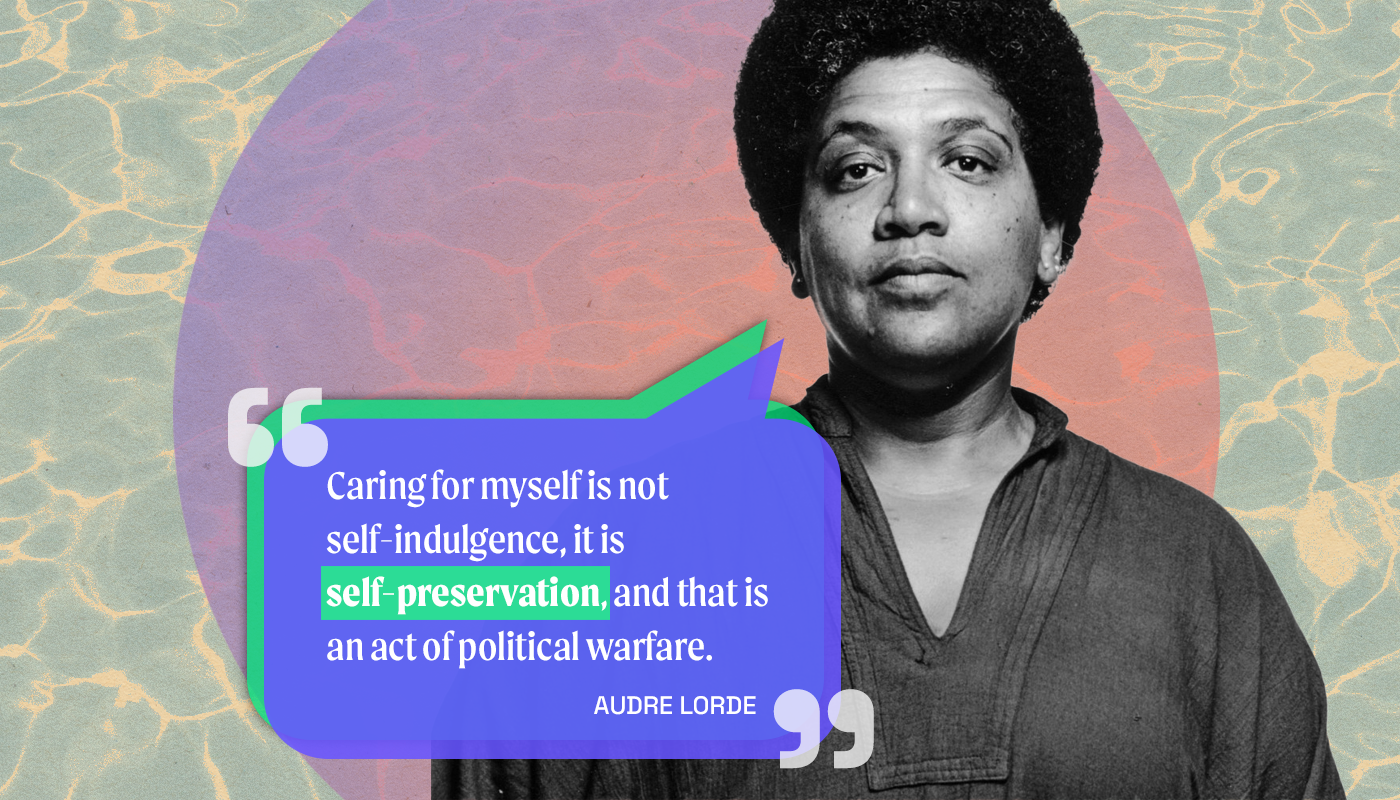All aboard! How to start your inclusion journey
Four practices to kickstart inclusion in your own life.

We live in a time where every hand is welcomed and needed to foster a more inclusive workplace. As a result, leaders at all levels have to make room for a future workplace that fully embraces and leverages diverse perspectives. When we broaden our knowledge past our core operational responsibilities, we have the potential to identify gaps and opportunities that yield all types of benefits for us, our colleagues, and our organization. If Diversity, Equity, and Inclusion (DEI) is unfamiliar to you and you don’t know where to begin, fear not! Here are four practices to help you get aboard your own inclusion journey.
Make time to reflect to understand your position
If you’ve been unclear on your role in cultivating inclusion, now is the time to get clarity. No matter the industry, diversity, equity, and inclusion, has a place and should be prioritized as part of organizational strategy. How you engage with others directly impacts how you communicate and deliver on your responsibilities in the workplace (remote or otherwise). Spend some time thinking through how you can personally and professionally contribute to growing the culture at your workplace.
If your organization is making strides and soaring on the DEI journey, find your spot to engage and provide your insights — don’t just go along for the ride. Even if you don’t know how to get involved, show your willingness to learn and support continued progress. Review and reflect on the following article for more ideas on how you can get ahead of the curve in your workplace. One of your next steps could be to invest in professional development that builds your communication and conflict resolution skills.
Perhaps it’s time to take that DISC Assessment you’ve been putting off. By gaining an understanding of four categories (dominance, influence, steadiness, and conscientiousness), we learn how to better navigate the workplace and handle conflict. Again, the idea here is to train yourself to welcome and thrive with understanding different perspectives.
DISC Assessment
The DISC tool is leveraged to unearth clarity around communication challenges.
Leaning into your work relationships
Remember Purl in the Pixar short movie; at first, she was excluded but then figured out the secret sauce for inclusion and became a part of the in-crowd at B.R.O. Capital. Even then, Purl didn’t turn her back on others. Instead, she became a change agent for more inclusion.
Our workplace relationships directly contribute to fostering inclusion in the workplace. Building strong relationships with colleagues at all seniority levels not only improves wellbeing at work, but also creates networks for change. Developing relationships breaks down barriers enabling more opportunity to champion inclusive policies and community norms with your colleagues.
Check your language
What is your communication style preference? Are you an introvert, extrovert, or ambivert? It’s essential to understand your style because you can unknowingly cause others to feel excluded. Consider these behaviors.
- Have you consistently shot down someone else’s ideas?
- Have you talked over others?
- Have you gone the extra mile to understand what causes others to clam up in meetings?
If you have, you could contribute to creating an unsafe space that causes others to feel excluded. Pause and evaluate your presence and participation in the next meeting you attend. Opportunities for creating more inclusion include:
- Inviting others to be a part of the discussion.
- Championing their ideas (be careful not to accidentally make them your own).
- Holding others accountable for harmful behavior.
Build your empathy skills
Being empathetic is no easy feat. Ask a parent, spouse, or caregiver, and you’ll learn the struggle for consistency when demonstrating empathy is real. In moments of stress, very quickly we can forget the skills taught to be inclusive and embrace the desire for control. Yet, it’s essential to understand and have compassion for another perspective. When others feel heard, they are more engaged, a benefit associated with feelings of inclusion. So, what can you do individually? First, resist being too hard on yourself and focus on building your empathy skills. The podcast Handle with Care, hosted by Liesel Mertes, is a great resource to learn about cultivating empathy in the workplace.
Who’s ready to get on board with doing your part to foster a more inclusive workplace and world?![]()






